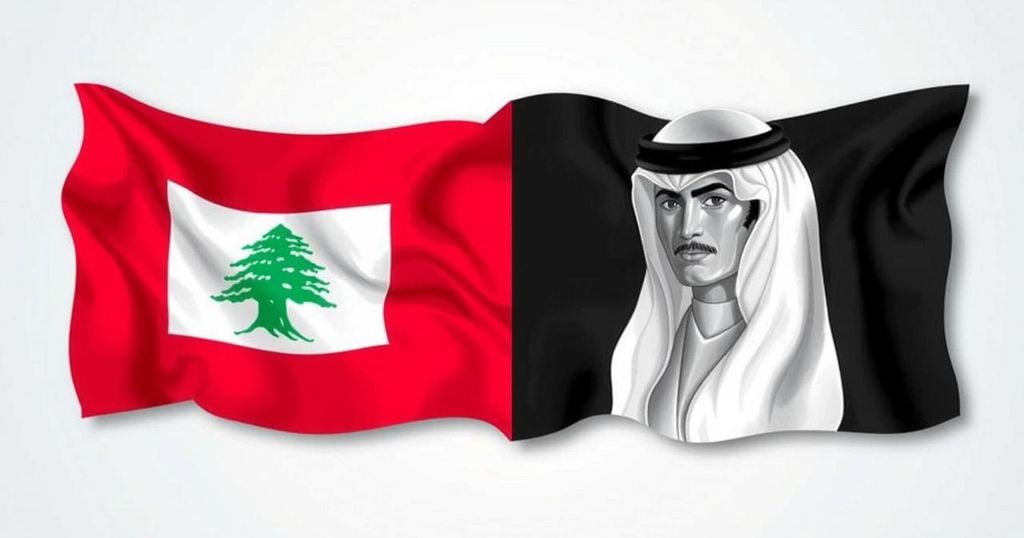Lebanon has approved the extradition of Egyptian activist Abdul Rahman al-Qaradawi to the UAE, raising concerns of possible human rights abuses. Amnesty International warns he may face torture and unfair trial if extradited. Al-Qaradawi, known for his criticisms of regional governments, was arrested in December after returning from Syria.
Lebanon has authorized the extradition of Egyptian opposition activist Abdul Rahman al-Qaradawi to the United Arab Emirates (UAE), despite serious concerns regarding potential human rights violations he may face upon his transfer. The decision was announced by the office of Prime Minister Najib Mikati after the cabinet voted in favor of extraditing al-Qaradawi, the son of the late influential cleric Yusuf al-Qaradawi. Before his arrest on December 28, al-Qaradawi had been critical of various authorities in the region through his public statements and a recorded video in Syria.
Abdul Rahman al-Qaradawi is a notable Egyptian activist who has faced political persecution for his outspoken criticism against the governments of Egypt, the UAE, and Saudi Arabia. He was detained in Lebanon shortly after returning from Syria, where he expressed support for the Syrian opposition. His extradition has raised alarm among human rights organizations, including Amnesty International, which has emphasized that he could endure torture or ill-treatment if sent back to either the UAE or Egypt, where he would be at significant risk.
In conclusion, the extradition of Abdul Rahman al-Qaradawi by the Lebanese government raises critical concerns for his safety and human rights. The decision occurs amidst an appeal from Amnesty International to protect his freedom of expression rights. Al-Qaradawi’s case exemplifies the ongoing tension surrounding political dissent in the Middle East and the potential ramifications for activists under authoritarian regimes.
Original Source: www.aljazeera.com






